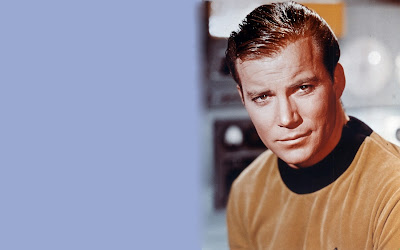Easy Cash Writing - new video course!
It's here - finally! Get access to this life changing course HERE for less than a fifth of the retail price! Have you ever wanted to make money from freelance writing? Here's your chance. My classic Easy Cash Writing course has been brought to life - with 60 lectures over 20 modules. Start your first year as a freelance writer Submit your writing to paying markets all over the world Live a life of fun, independence and fulfillment Plan a new career outside of the nine to five Write in all kinds of categories for profit Students should have a basic grasp of English and be attracted to writing. No particular skill or qualifications are necessary, although enthusiasm and the ambition to become a freelance writer will be helpful. The course may also be useful to freelance writers who have yet to experience much success - because this course will change that for you! Fiction authors may also benefit if they are not sure...
